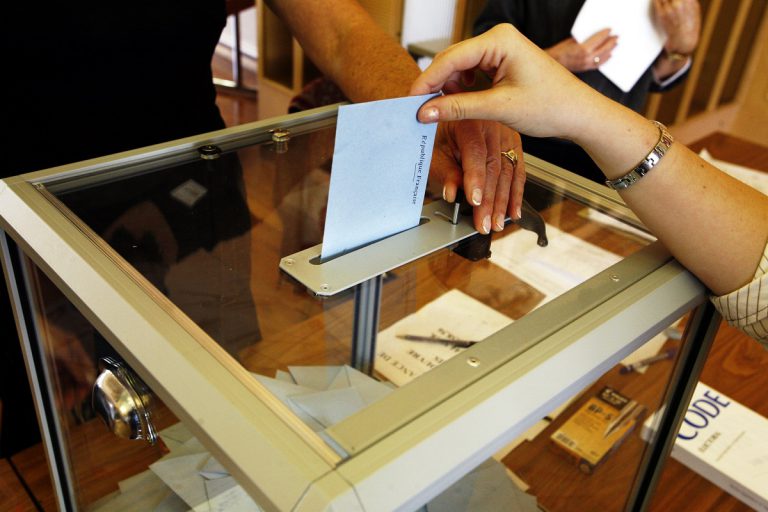Police encounters in cases of compelling evidences: Need for its legalization

While many in the country are looking at extra-judicial encounters, as arbitrary and unjustified use of power, it becomes imperative for one to understand that in instances of clear and collaboratively compelling evidence, indicating that an individual is responsible for serious and heinous offences, immediate and appropriate action must be taken up by the Police. But that should be done only on satisfaction with regard to the aforesaid criteria, something for which they would eventually become accountable after taking action. Though the fact that there exists a judiciary to examine offences and accord punishments accordingly cannot be disregarded, the loopholes associated in the process of criminal justice administration, advent in India, are now at a stage where they are beyond corrigible, and mitigate considerations to refer cases involving heinous crimes to a trial.1 A narrative that the action taken by the police in furtherance of the compelling evidence is a trial by the executive is to be pushed forward.
Legalization: Why and how?
While considering the mitigation of possibilities of identifying associated criminals and crime links, it must be understood that the prerogative while gunning down an offender accused of serious offences includes two essential factors. The first of which is identification of associations or links that the criminal has or has had with the crime. This identification may come either as a step after becoming aware of such a criminal, or in a series of steps to get hold of such an offender. Reportage and understanding in this instance indicate the former to have been undertaken prior to the encounter.
Even if it does come up as a contention, that such identification of links may not be exhaustive in the course of investigation preceding an encounter, the same can be made exhaustive post-encounter. This can be done through further investigation and interrogation of identified links. However, halting an encounter of an individual who has committed heinous offences of such nature, as in the present case, is not desirable just to ensure prolongment of investigation to identify all possible links and affiliations, in addition to what would have been done. Moreover, this exercise shall not exceed the stage of satisfaction of the police as an institution of the Executive.
Hence, the line of demarcation being referred to for cases like these, wherein a line ought to be drawn to differentiate between the extent of the heinousness of offences and the possibilities of the existence of criminal associations and affiliations, is always well-drawn in cases like these. 2
Due to the aforesaid reasons, it becomes imperative to legalize extra-judicial killings by the police.
Potential Drawbacks
Let us now look at the reasons that potentially prevent the legalization of such extra-judicial killings. The first reason for the same is the possibilities of framing and killing of innocent individuals by the police in order to mitigate the pressure being built on them in serious offences such as waging war against the state, which may involve bomb blasts or similar violent activities in the country. The possibilities of this happening remain high due to the discretionary power resting in the hands of the police, which also means possibilities of manipulation of reports and FIRs lodged, due to the entire force functioning as one unit.
The second reason for it stands to be the presence of a judicial system in place which is in place to ascertain cases like these effectively, and accord punishments accordingly. With the recognition of the need to ensure speedy trial in cases of heinous crimes, so as to ensure immediate meting out of punishments for such offences, a trial by the executive is a narrative that need not be pushed for.
Moreover, with the absence of an obligation to report to authority in place about sufficient compelling evidence gathered before choosing to undertake an extra-judicial killing, the arbitrariness stands on a high pedestal, and chances of misuse of power are not mitigated, and such instances have been observed in the past.
The way forward
On a concluding note, it is imperative to understand that the same needs to be legalised to ensure that heinous crimes, which many a time are not redressed effectively, due to the existing loopholes in the criminal justice administration. In order to ensure that this recourse, once made available, is exercised effectively, there exists a need to constitute a statutory special task force for every state, which, in cases of extra-judicial killings, shall within 12 hours, review the submission of a report by the Police forces looking forward to the encounter, which has to be made before undertaking to resort to such extra-judicial killings. The aforesaid report to be submitted by the police shall include and enlist definitive and compelling evidence to indicate the heinous crimes committed by the target offender as well as potential associations and affiliations of such offender. In situations where either or both are not exhaustive or complete, i.e. are not sufficient to prove or determine guilt, they may act as potential sources to make the aforesaid exhaustive, post the extra-judicial killings. To ensure that the aforesaid special task force works neutrally, it shall be made statutorily accountable to the judiciary, and permission of judicial enquiries into such cases shall be permitted in all circumstances. This ensures maximum accountability of the Special Task Force constituted as well as the Police Forces.
Featured Image: Wikimedia
References
- K. Shankar, Why Justice is delayed, The Hindu (Feb. 2, 2020), available at: https://www.thehindu.com/opinion/open-page/why-justice-is-delayed/article30712548.ece
- Vikas Pathak, Reportage and understanding in this instance indicate the former to have been undertaken prior to the encounter, The Wire (Jul. 13, 2020), available at: https://thewire.in/government/vikas-dubey-encounter-rule-of-law-india-procedure-flout







